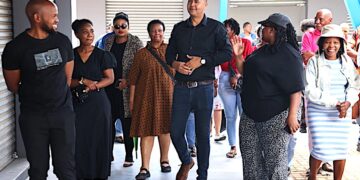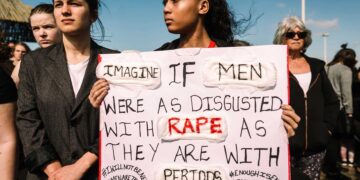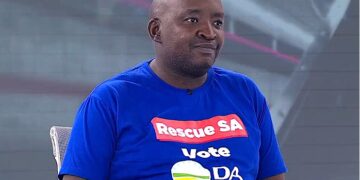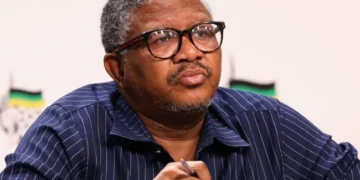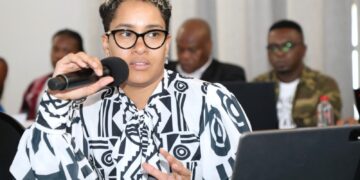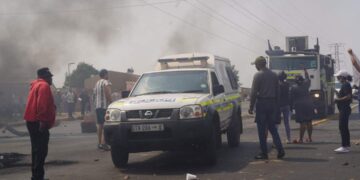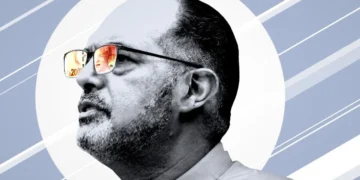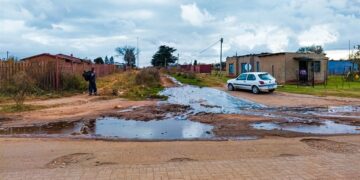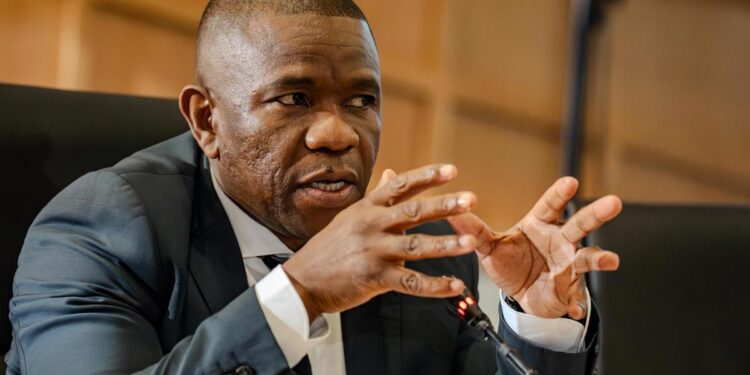By Loxion News Staff Writer
KwaZulu-Natal Police Commissioner, Lieutenant-General Nhlanhla Mkhwanazi, has dropped yet another bombshell — this time alleging that the Presidency interfered in policing operations to benefit mining giant Richards Bay Minerals (RBM).
Mkhwanazi made the explosive claims while testifying at the Madlanga Commission of Inquiry, a body established by President Cyril Ramaphosa earlier this year to investigate alleged state capture within the criminal justice system.
According to Mkhwanazi, RBM had faced multiple threats against its executives — including the 2021 assassination of general manager Nico Swart — forcing the deployment of a special team of detectives to investigate.
“I deployed a team of detectives to Richards Bay to deal with the spate of attacks, including murder cases targeting RBM leadership,” Mkhwanazi told the commission.
“But after a year, I recalled them to our provincial headquarters in Durban because of budget constraints. Shortly after, I received a call from National Police Commissioner Fannie Masemola, who said the Presidency complained about my decision and instructed me to send the team back.”
The claims raise serious questions about the extent of political influence over police investigations and whether government officials may have intervened to safeguard private business interests.
Allegations of Media Manipulation
Mkhwanazi also accused certain journalists of acting as mouthpieces for corrupt senior police officials allegedly protecting drug syndicates.
“This system of protecting the drug squad — media plays a part. Journalists within media houses are being used to push certain narratives that shield those involved,” he said.
Background to the Madlanga Commission
The Madlanga Commission was formed following Mkhwanazi’s shocking 6 July 2025 media briefing, where he accused senior police officers and politicians in Gauteng of working with criminal cartels. The inquiry is tasked with investigating the extent of corruption and possible political interference within the SAPS.
This latest testimony intensifies the spotlight on both the Presidency and SAPS leadership, with many South Africans now demanding answers about who truly holds power over law enforcement in the country.

